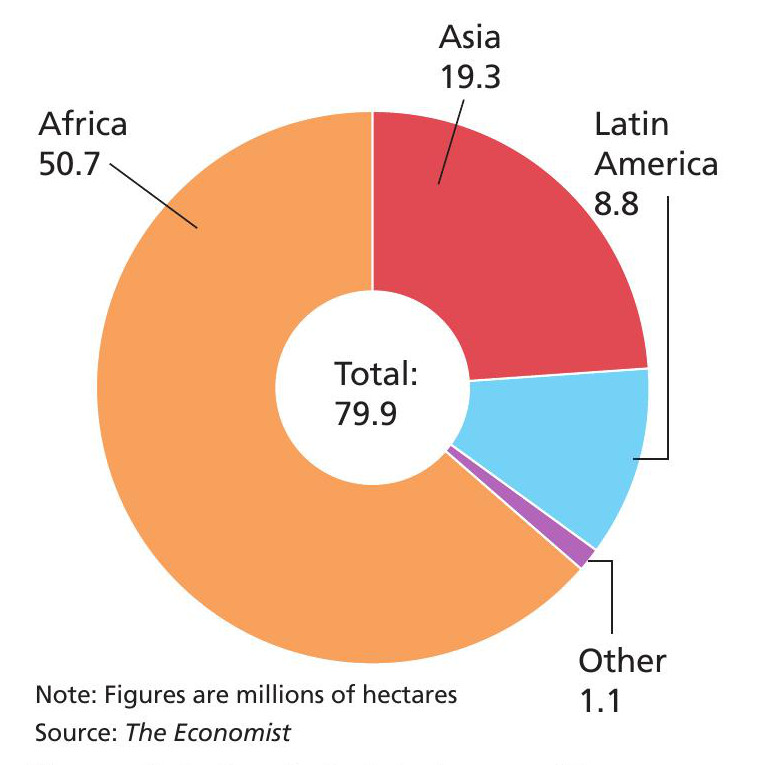
Global food prices hit a new record high in 2011. One result of this is that poor people in developing countries are losing their land to speculators as big companies buy up land to grow food.
The companies acquiring the land claim they bring seeds, training, technology and capital to the world’s poorest lands. Critics see them as exploitative. As Oxfam has pointed out, it is not necessarily a problem when wealthy companies invest in agricultural land in poor countries for commercial use. But when families lose their land or less food is grown overall, that is a big problem.
Your organisation does not have access to this article.
Sign up today to give your students the edge they need to achieve their best grades with subject expertise
Subscribe




